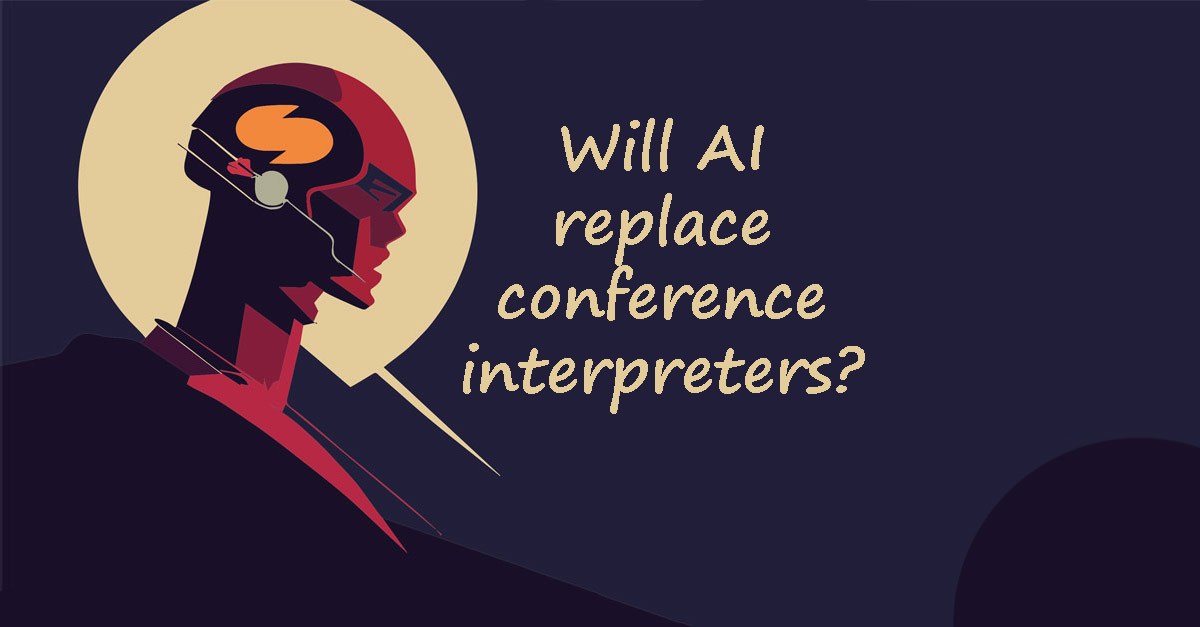Globish, AI, and interpreters. Will we be pushed out?
Interpreters’ raison d’être was already threatened by the slow but steady rise of ‘globish’. Now, interpreter jobs are seriously challenged by the explosive emergence this year of A.I. How much longer will interpreters be needed if everyone speaks English? How do current ‘artificial interpreters’ compare to human ones? Are there other threats out there? What can interpreters do? Is the profession doomed?
Continue reading “Will AI replace Interpreters?”
